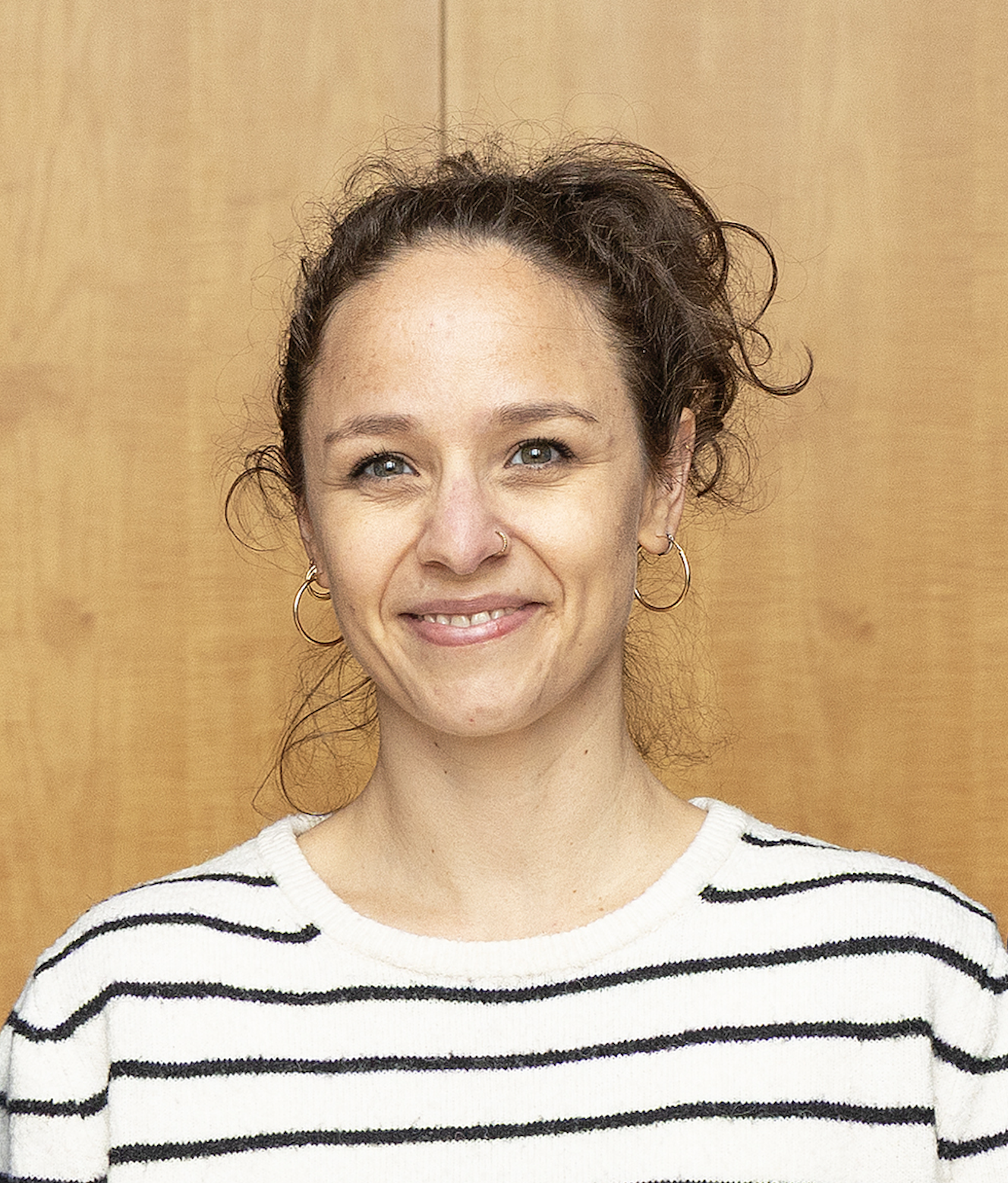Lunch Lecture: Phenotypic plasticity in Mývatn threespine stickleback: response to temperature and diet within and across generations
In our lunch lecture, we welcome Alessandra Schnider, who recently completed her PhD at the University of Iceland. Alessandra’s research focuses on how the interaction between genes and the environment shapes the phenotype of organisms, with her latest work exploring phenotypic plasticity and transgenerational effects in threespine stickleback from Lake Mývatn.
"Phenotypic plasticity, the ability of a single genotype to produce different phenotypes in response to environmental stimuli, can mitigate effects of adverse environmental conditions within and across generations and be an important source of adaptation in response to natural selection. The aim of this project was to understand how environmental drivers shape the phenotype of threespine stickleback, within and across generations, in the spatio-temporally varying system, Lake Mývatn, Iceland. We conducted a multigenerational plasticity experiment by rearing offspring of stickleback from two contrasting habitats under different temperature and diet conditions. We analysed phenotypic information of juveniles and sexually mature females and males across two generations. We further collected liver samples of sexually mature experimental and wild individuals for transcriptomic analyses, to further our understanding of the underlying molecular mechanisms. We found clear environmental effects on traits directly associated with fitness. Thus, transgenerational effects appear crucial in shaping biological fitness in this highly dynamic system. We also identified differentially expressed genes in response to temperature and diet, potentially reducing environmental stress and support habitat expansion. This study enhances our understanding of phenotypic plasticity and transgenerational effects in dynamic systems. Integrating multiple environmental factors over biologically relevant timeframes is rare, making my findings crucial for understanding how phenotypic plasticity contributes to biological diversity."
Alessandra Schnider grew up in Switzerland and earned her B.Sc. in Biology and M.Sc. in Biological Anthropology from the University of Zuirch. In her master’s thesis she studied how relatedness shaped sociopositive behaviours among female vervet monkeys and how seasonal changes in food availability affected this relationship. After taking a break from her studies to travel and become a certified yoga teacher, Alessandra accepted a PhD position at the University of Iceland and subsequently moved to the wild, cold north of Skagafjörður in August 2019. Many people were surprised by this perceived change in field, but for Alessandra the question remained the same: How does the interaction between genes and environment shape an individual’s phenotype. During her PhD, Alessandra co-founded the science communication platform ICE Fish Research and is currently producing its podcast Fiskaspjall, set to premiere in October. In November, Alessandra will begin her new role as Project Manager at Eimur, a collaborative initiative focused on advancing sustainable resource utilization in North Iceland.
The presentation will take place in the cafeteria at the University Centre of the Westfjords and will start at 12:10. The presentation will also be streamed via a Zoom link, which can be found here: https://eu01web.zoom.us/j/69947471079
The lunch lecture will be held in english